IndusFood 2020 to be bigger, grander, says TPCI Chairman
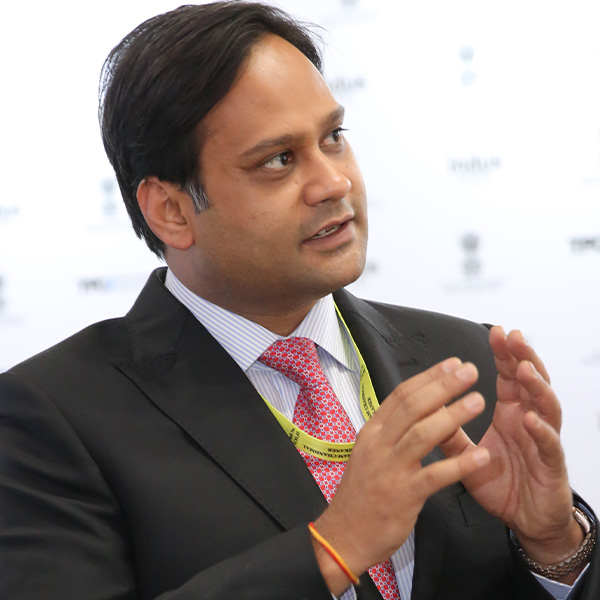
IndusFood has evolved! And how? Now into its second year, it is already a much sought after B2B event for leading global buyers of F&B products. This is evident from the list of about 800 distinguished wholesale buyers, big sized food chains and several government-level delegations that will be converging at Greater Noida seeking F&B commodities and products showcased by more than 500 exhibitors covering 15 product zones. From here, the event is bound to develop further in the years to come, asserts a very confident TPCI head.
Singla wants IndusFood to rival international F&B shows like SIAL, ANUGA and GulfFood, and judging by the success of IndusFood-II, it is very clear that things are well on the course. When Suresh Prabhakar Prabhu, Hon’ble Union Minister for Trade and Commerce, Govt of India, inaugurated the first edition of IndusFood in January 2018, very few would have imagined that this event aimed at promoting India as a strong and reliable exporter of F&B products to the world, would generate such a splendid response. Focused on the need to scale up the Reverse Buyers-Sellers Meet (RBSM) and jointly organised in association with the Department of Commerce, Ministry of Commerce & Industry, IndusFood has emerged as a global platform for business interaction of top exporters, with screened hosted buyers invited from around the world.
A total $650 million worth of business was generated in the form of spot orders at IndusFood-I. Although the cascading effect of these deals cannot be measured, according to an estimate the total business generated for the nation could easily be around $2 billion. Avers Singla, “The impact of IndusFood can be gauged from the fact that the very first edition saw ten B2B roundtable dialogues on the sidelines, held between India and Canada, Commonwealth of Independent States (CIS), Iraq, Iran, Oman, Israel, Saudi Arabia, Vietnam, Qatar and the US.”
COMMODITY DEALS TO CONTINUE
India is uniquely blessed with a huge variety of commodities including vegetables, cereals, tea & coffee, & fruits and spices. The focus of trade during IndusFood-I was on commodity business wherein attempt was made to bring global buyers to India and create interaction with Indian commodity exporters. The commodities business will continue to have a strong presence, says Singla, as long as the country produces in excess of consumption and prices are competitive.
Singla is of the opinion that the Agriculture Export Policy, 2018, announced by the Ministry of Commerce & Industry and ratified by the Union Cabinet will ensure that large export bases to newer variants from competing nations do not happen. To cite an example, India was exporting $52.46 million worth of tea to Iraq when the country went into turmoil in 2002. This constituted 73.35% of the overall tea import by Iraq. Sri Lanka, then, was far behind, exporting a mere $19.06 million worth of tea with 26.64% market share. This means that only two countries fulfilled Iraq’s entire requirement of tea. However, in the past few years, the trade figures of tea exported from India to Iraq declined to a measly 2.93% (worth $4.17 million), while exports from Sri Lanka rose to 97.06% (amounting to $138.02 million).
“To create interest among the world community towards the quality and variety of Indian tea and to reinforce the fact that the Indian tea is the best in quality and taste, this edition of IndusFood is seeing an Indian tea room, wherein for the first time in India, Amy Dubin, the renowned Indian tea curator from New York will present the diverse varieties of Indian tea for both visitors and global buyers alike,” informs Singla. He further expresses the need for similar treatment for various other Indian commodities to create international interest.
VALUE-ADDED PRODUCTS ARE THE NEW NORM
“We are developing IndusFood as a platform aimed to engage buyers and exhibitors to the extent that an ecosystem is created and export of world-class F&B products from India. Therefore, you will find an enhanced focus on value-added health and organic food products from this edition of IndusFood onwards,” asserts Singla.
TPCI has endeavoured to find emerging brands and F&B products that could interest wholesale food buyers and representatives of supermarket chains. Beverages made from berries grown in the Ladakh region, fruit beverages, organic hummus, natural brewed bottled ice teas, fresh dips and fruit-based baby foods, companies producing chutneys, pickles, pasta and soup with organic spices and many more such value-added products will be the star attractions at IndusFood-II. Start-ups with innovative products that have a strong potential to fill the shelves of international supermarkets have also been allotted space.
Adds Singla, “There are many entrepreneurs working on food innovation that is suitable for export markets. We have tried to bring all the stakeholders together and will further be showcasing these products to various export markets.”
THE NEW MANTRA: ‘PRODUCE IN INDIA’
Singla is of opinion that the time has now come for ‘Produce in India’ for the world. The day we realise the immense potential that exists in this area, the target of $100 billion agriculture food exports will be within reach. “If an Indian company can sell ready-to-eat dal makhani, it should also be able to sell organic pumpkin soup to grab the global market,” opines Singla. To give a taste of how Indian delicacies and cuisine can be recreated for the global audiences, another star-attraction at the Buyers Lounge is the food prepared by master culinary craftsman Kumar Sambhav. This is an endeavour to create products for the global palate with an innate Indianness.
Says Singla, “It is a first of a kind initiative, in line with the stated goal of IndusFood to create Indian products for a global audience. Hopefully, by the next IndusFood in 2020, many Indian chefs and culinary experts will take a cue from this endeavour and come up with different varieties of packaged ready-to-eat Indian delicacies fine-tuned for the global palette.
PROCESSED ORGANIC TO BE THE GAME CHANGER?
IndusFood takes forward the idea of the agriculture export policy of the Ministry of Commerce & Industry which seeks to promote organic exports by providing a policy assurance that organic products will not be brought under the ambit of any kind of export restriction such as minimum export price, export duty and export bans. Total export of organic food products from India in 2017-18 was worth $515.44 million of which only $34.3 million was processed organic food, amounting for just 5.5% of the total organic exports from India. This is despite the fact that India ranks first in terms of the total number of organic producers and ninth in terms of the world’s agricultural land under organic cultivation, according to official estimates.
IndusFood is now promoting organic processed food in a big way, as there is a big market that still remains untapped. With more companies going into producing organic processed food, more farmers are likely to benefit from moving to organic farming. Thus, the impact of greater exports will percolate to farmers. This is in line with the Prime Minister’s announced goal of doubling the farmer’s income. “IndusFood is a platform that is perfectly in sync with our Agriculture Export Policy,” opines Singla.
For IndusFood-II, more than 250 international buyers have shown interest in procuring organic products from India. It is expected that a fairly good percentage of new business that will be generated during this edition of IndusFood will be related to organic products.
IndusFood-II prominently features on the calendar of major global retail chains from the Middle East, Europe, Asia, Australia and Africa. This time they will be involved in business dialogue with more than 500 Indian exhibitors led by the likes of Dabur International Ltd, Adani Wilmar Ltd, Haldiram Snacks Pvt. Ltd, Parle Products Pvt. Ltd and Surya Food Agro Ltd. Three G2Gs, one G2B, 14 B2B dialogues and two sessions are poised to be conducted on the sidelines of IndusFood. This is likely to boost the country’s image as a major hub of F&B products for the world.
“You will find a new look IndusFood-III in January 2020, which will be far bigger and grander than the present event.”
Mohit Singla,
Chairman of Trade Promotion Council of India (TPCI) and the man behind conceptualisation and implementation of IndusFood







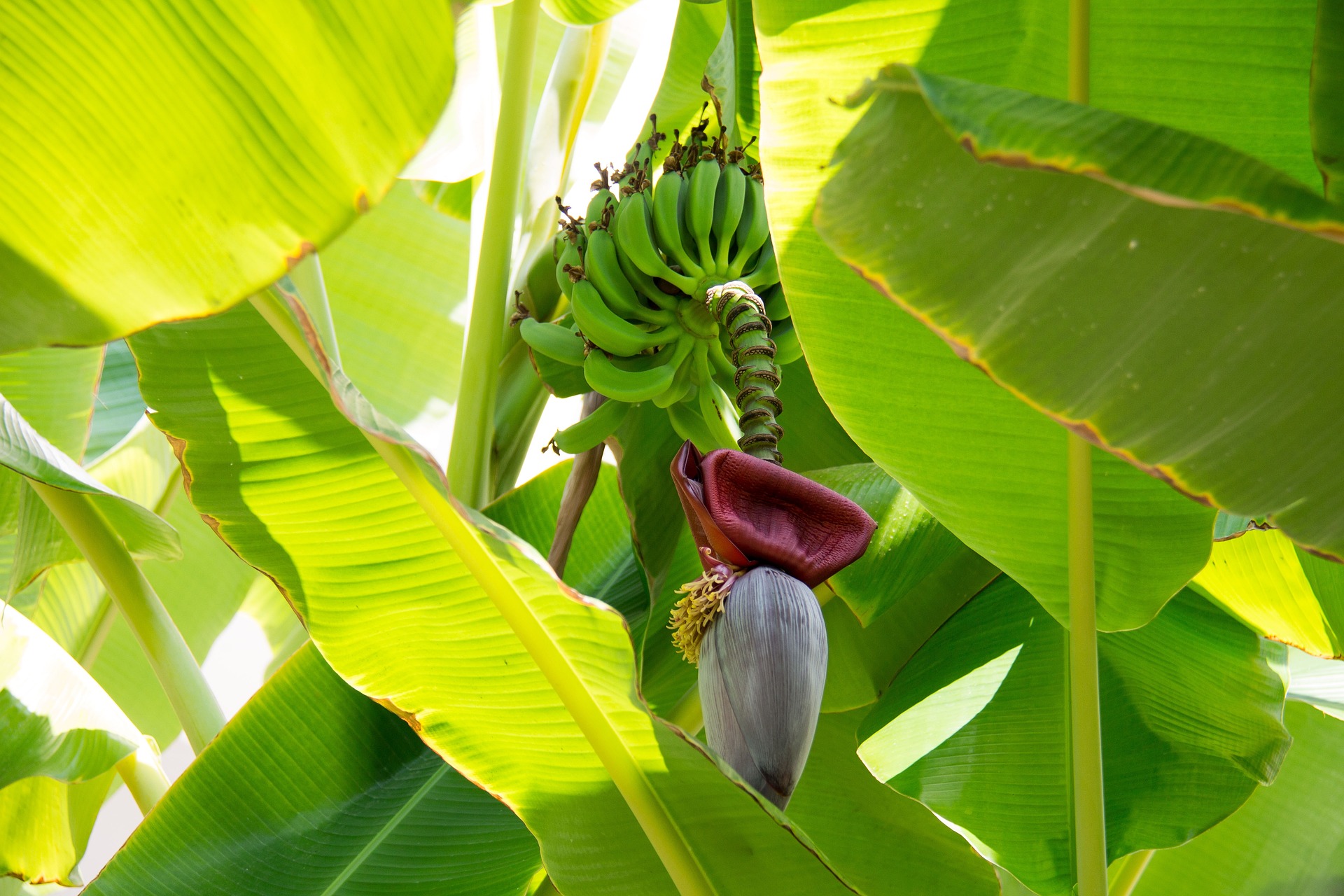
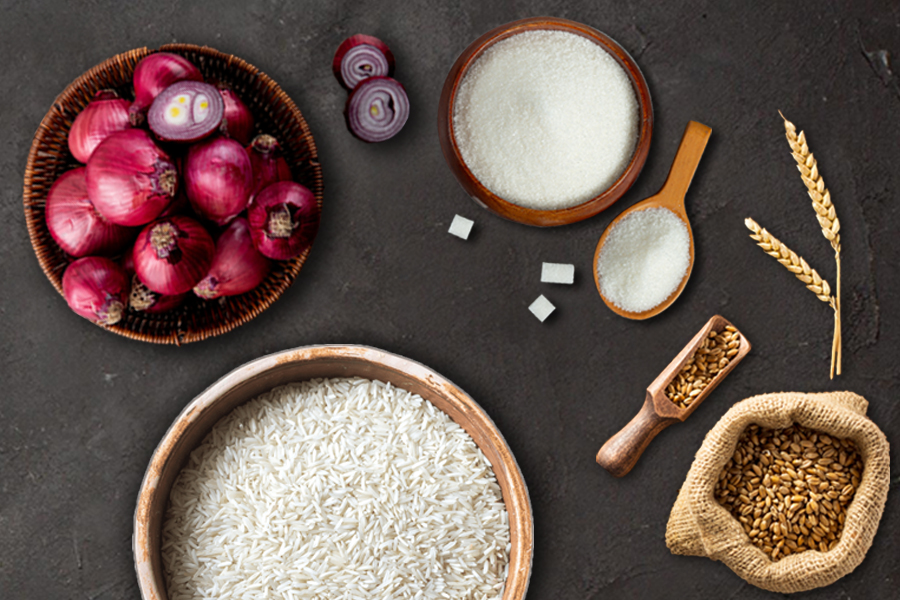
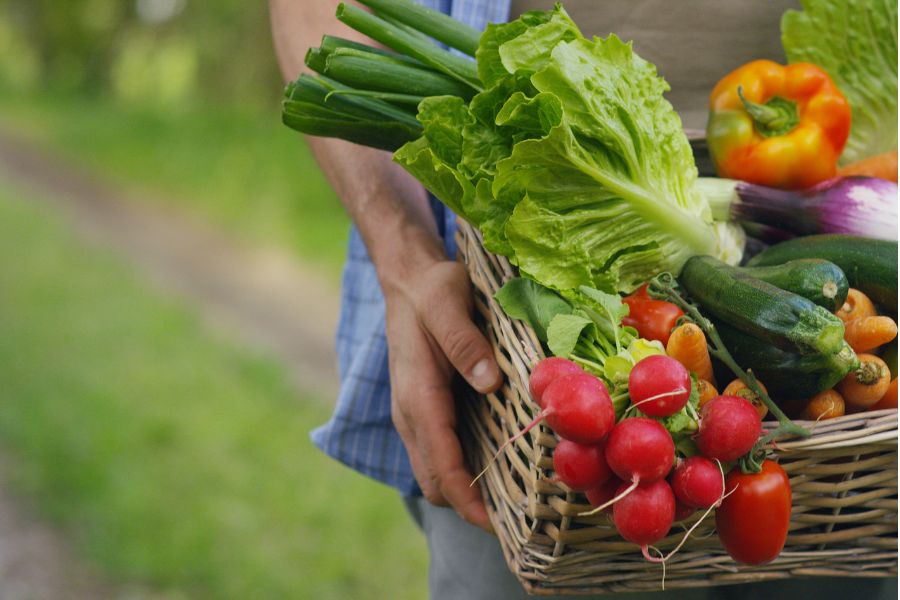
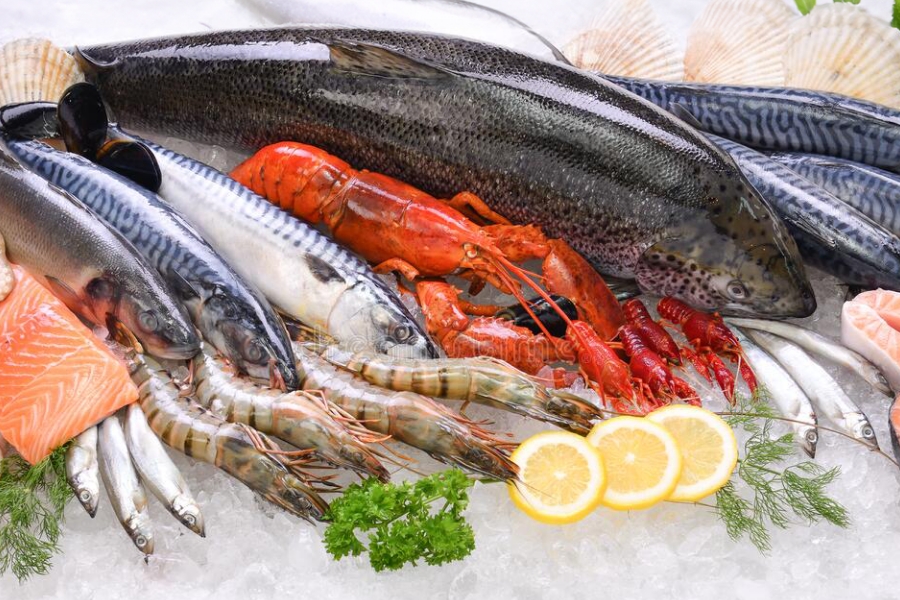


Leave a comment